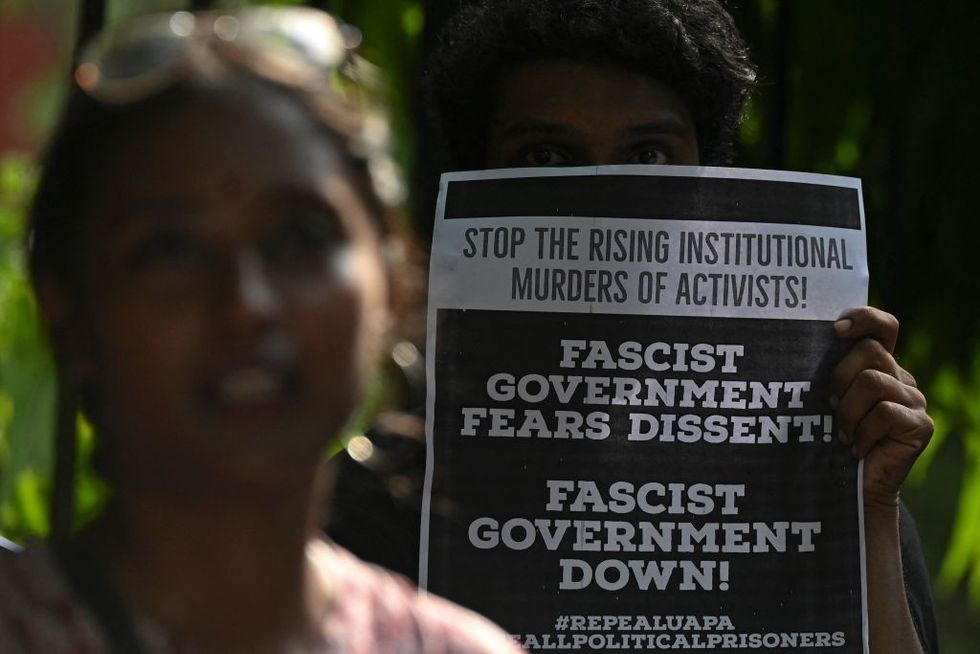AT A time when an outrage erupted across India over the death of veteran tribal activist Stan Swamy, The Washington Post on Tuesday (6) reported that a US-based digital forensics firm has revealed that evidence was planted on the computers of two activists arrested in connection with the 2018 Bhima-Koregaon case, the same over which Swamy was arrested in October last year.
Rona Wilson, an activist-researcher, and Surendra Gadling, a Dalit activist, were among the five people who were arrested by the Pune Police in June 2018 in connection to an event to commemorate the Battle of Bhima Koregaon on December 31, 2017. The cops claimed the arrested were “top urban Maoist operatives”.

According to the Post report, the finding of the new forensic report said that both Wilson and Gadling were victims of the same hacker who planted evidence on their devices. Arsenal Consulting, which is based in Massachusetts, the US, went through the electronic copies of the computers and email accounts of the duo after being requested by defense lawyers.
The finding boosted doubts of the rights groups that critics of prime minister Narendra Modi are being targeted, the Post report added. It said that more than a dozen activists have been imprisoned without trial under a brutal anti-terror law that rarely results in conviction.
The American daily cited Arsenal saying that an unidentified attacker used malicious software to hack the activist duo’s computers and put many files in them in hidden folders. Investigators later called the documents incriminating evidence linking the activists to a banned Maoist militant group that aims to topple the government.
US firm has given reports earlier as well
This is not the first time, however, that Arsenal has released findings related to the case. Its previous reports said that Wilson’s laptop was hacked and more than 30 files, including an explosive letter mentioning a plot to assassinate Modi, were kept on the computer. The Post was the first to report that evidence in the case was planted by a hacker.According to the experts, the information in the new report hints at an extensive malware campaign that perhaps targeted even other computers apart from those of Wilson and Gadling.
According to the Post report, the analysis strongly suggests that Wilson and Gadling were not the only ones being targeted. In February 2016, a malware-laden email which was sent to Gadling was also addressed to 14 other people, including two persons who later became co-defendants in the case, one of whom was Swamy. It said any of the recipients who opened the attachment would have installed malware capable of monitoring and controlling their devices.
“There’s clearly a larger set of activity here,” Juan Andres Guerrero-Saade, a principal threat researcher at cybersecurity firm SentinelOne, California, US, told the Post.

















 Kulsuma Aktergetty images
Kulsuma Aktergetty images
Police may probe anti-Israel comments at Glastonbury